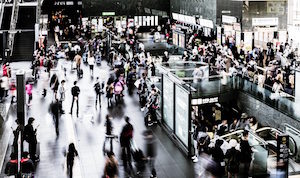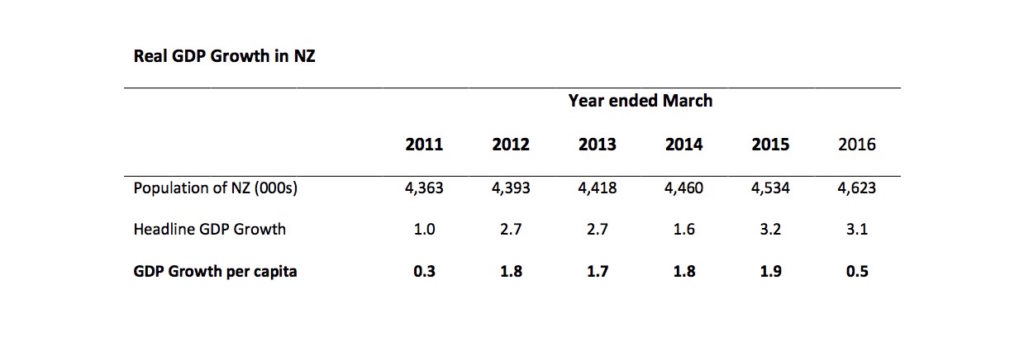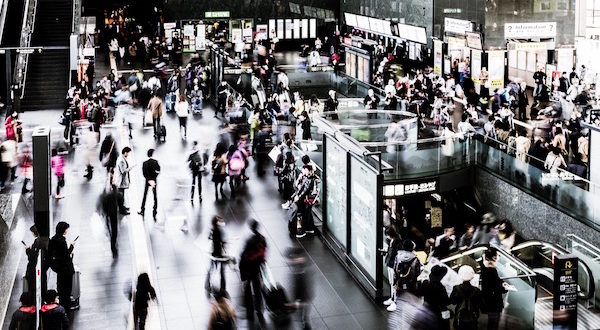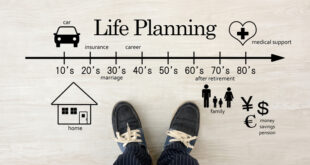 Following the surprise announcement by John Key that he is stepping down as Prime Minister, the National Party will appoint a new leader to fight the 2017 election. After enjoying many years of stable government under the able leadership of Helen Clark and then John Key, the political scene in New Zealand is likely to become more uncertain. While there are few short term investment implications, the new leader will need to set out clear long term policies on growth, immigration and infrastructure. One of the big issues that needs to be debated is what type of economic growth we want in New Zealand.
Following the surprise announcement by John Key that he is stepping down as Prime Minister, the National Party will appoint a new leader to fight the 2017 election. After enjoying many years of stable government under the able leadership of Helen Clark and then John Key, the political scene in New Zealand is likely to become more uncertain. While there are few short term investment implications, the new leader will need to set out clear long term policies on growth, immigration and infrastructure. One of the big issues that needs to be debated is what type of economic growth we want in New Zealand.
New Zealand is in a unique position globally in that we have a low population, a naturally stunning country and the opportunity to shape it how we’d like. Much of the rest of the world faces very significant challenges including extreme poverty, high youth unemployment, pollution, terrorism, religious conflict, flat real wages (middle income earners in the US and UK have had flat real wages for three decades now), increasing inequality and limited or no access to things that we take for granted like clean water, beaches, parks and low cost but good quality health and education services. While we definitely have some of these issues developing in New Zealand we’re still at an early stage compared with many other nations.
Many of the world’s issues have been caused by the explosive, almost virus like, growth of the human population. Just over 200 years ago, which is the blink of an eye in evolutionary terms, there were fewer than 1 billion people on the earth. Today there are 7.4 billion and the United Nations estimates there will be over 11 billion by the year 2100. Anyone travelling the world today can testify to the sheer volume of humanity which is changing the way we live on and even affecting the climate of our planet. The increasing mass of humanity, combined with the falling cost of travel, is changing cultures at a basic level. It is also overwhelming many tourist attractions with access now being controlled or restricted.

From a New Zealand perspective, a low population is one of the factors that make us special and an attractive place to live and raise a family. However, New Zealand currently has one of the highest rates of immigration growth in the Western world and about three times that of the United States relative to the size of our population. Just to put this into context, in New Zealand our net immigration rate is running at 70,000p.a. against a population of 4.6m (1.5%) , whereas in the UK it is 330,000p.a. against a population of 64m (0.5%). And yet in the United Kingdom the immigration rate was such an issue it was a major factor behind the Brexit vote.
There is no doubt that this rapid rate is putting huge pressure on our infrastructure, particularly in Auckland, which is struggling to keep up with demands for more housing, transport, education, parks and healthcare. We have no real strategy in place for dealing with this rate of growth or spreading it to where it is needed in the regions. The new Auckland Unitary Plan is a glaring example of our lack of long term planning – many more houses will be built but without any real plans for the infrastructure needed to support them. It is a blue print for a poorly planned city that will ultimately resemble Los Angles. In the not too distant future Auckland will be one large subdivision from Orewa in the North to the Bombay Hills in the South connected only by the parking lot we call State Highway One. Once farm land is torn up for housing, its natural beauty and productivity are lost to us forever.
So why are we wedded to this breakneck rate of immigration growth? Politicians are addicted to it because it lifts the most commonly used measure of headline GDP growth. However, this headline figure doesn’t adjust for population growth and so simply gets boosted by immigration flows. What we should really be interested in is how are we doing on a per capita (per head of population) basis and there the numbers aren’t anywhere as flash at the headline figures. For example in the year ended 31 March 2016 headline real GDP growth was a very impressive 3.1%, while at a per capita level it was a meagre 0.5%. If you think of GDP growth as a cake, then the basic measure just tells us what size the overall cake is. The per capita measure tells us how much cake we each get.

One of the arguments used in favour of strong immigration is the skills shortages we have in some sectors. We think this is a relatively weak argument. Let’s look at sectors like Tourism and IT where we currently have issues around skill shortages. These sectors had the same issues over a decade ago and rather than letting the market send the right signals to Universities, training institutes and companies that we need to train more people with skills (by pushing wages in those sectors up materially) we have simply brought in more low cost labour. This helps company profitability in the short term but does little to help real wages grow, which is important for our economy in the long term. We also have around 130,000 unemployed people, which seems like an incredible economic and human waste when we are importing, often low wage, migrants to fill shortages.
One idea that has been floated, is that New Zealand should target a desired rate of population, deduct our natural growth rate and make up the shortfall with targeted immigration. That way we can plan for the necessary infrastructure and housing required rather than trying to play catch up.
Targeted immigration can be good for an economy. It can bring in new ideas, cultures and increased entrepreneurship. However as a nation we need to have a clear plan as to what rate of immigration we want and ultimately what we want our economy to look like. Do we want to be a higher wage economy with strong clean and green credentials, much like a Switzerland of the South Pacific or do we have some other aspiration? The problem with having no plan is you’re not sure where you’re trying to go and won’t recognise it when you get there. Just growing our population so we look like the rest of the world seems like a really dumb plan. In a troubled and unstable world New Zealand has something increasingly special to offer and New Zealand citizenship should command a premium.
Click here for further information or feel free to contact us on:
Freephone: 0800 944 049, Email: admin@devonfunds.co.nz










Join the Discussion
Type out your comment here:
You must be logged in to post a comment.